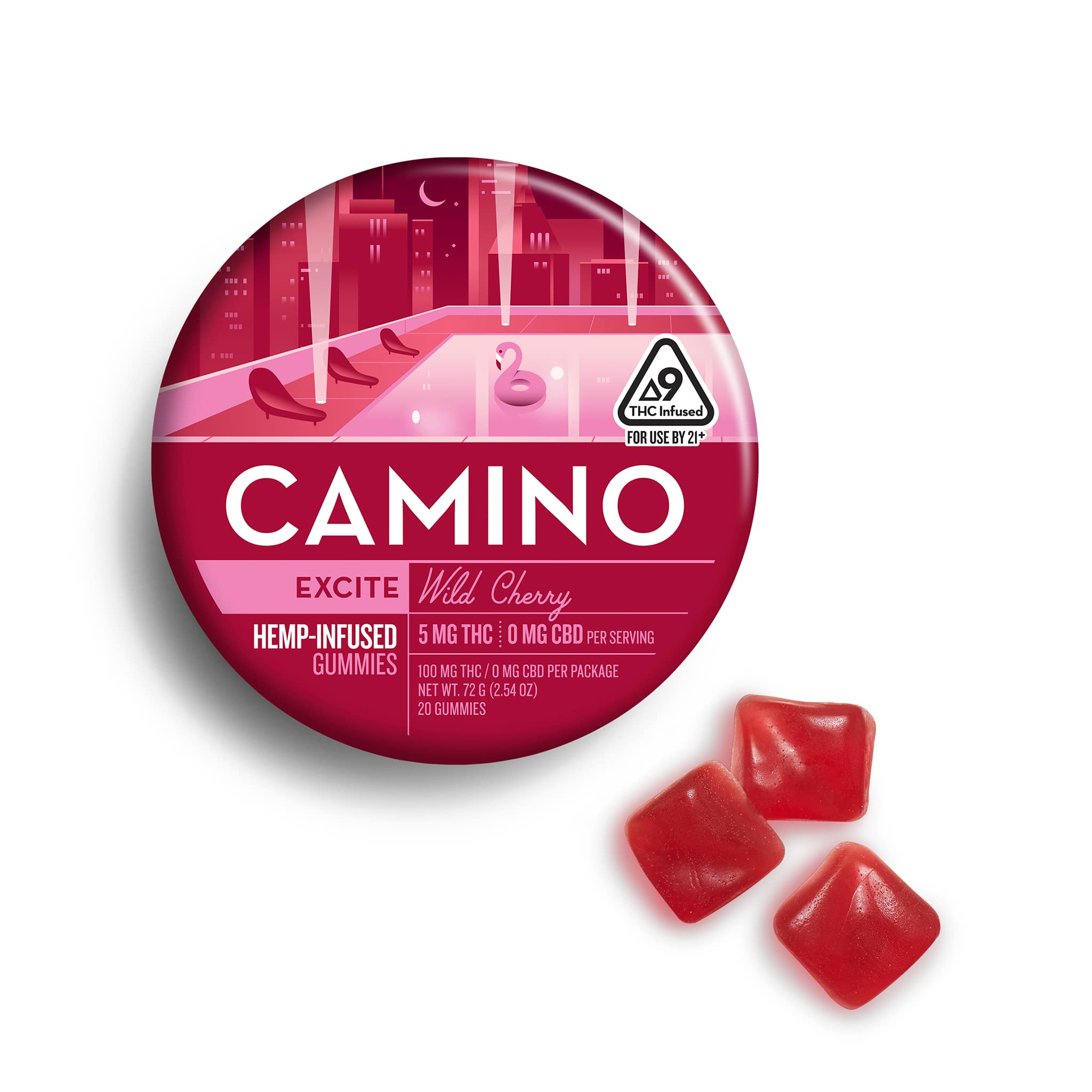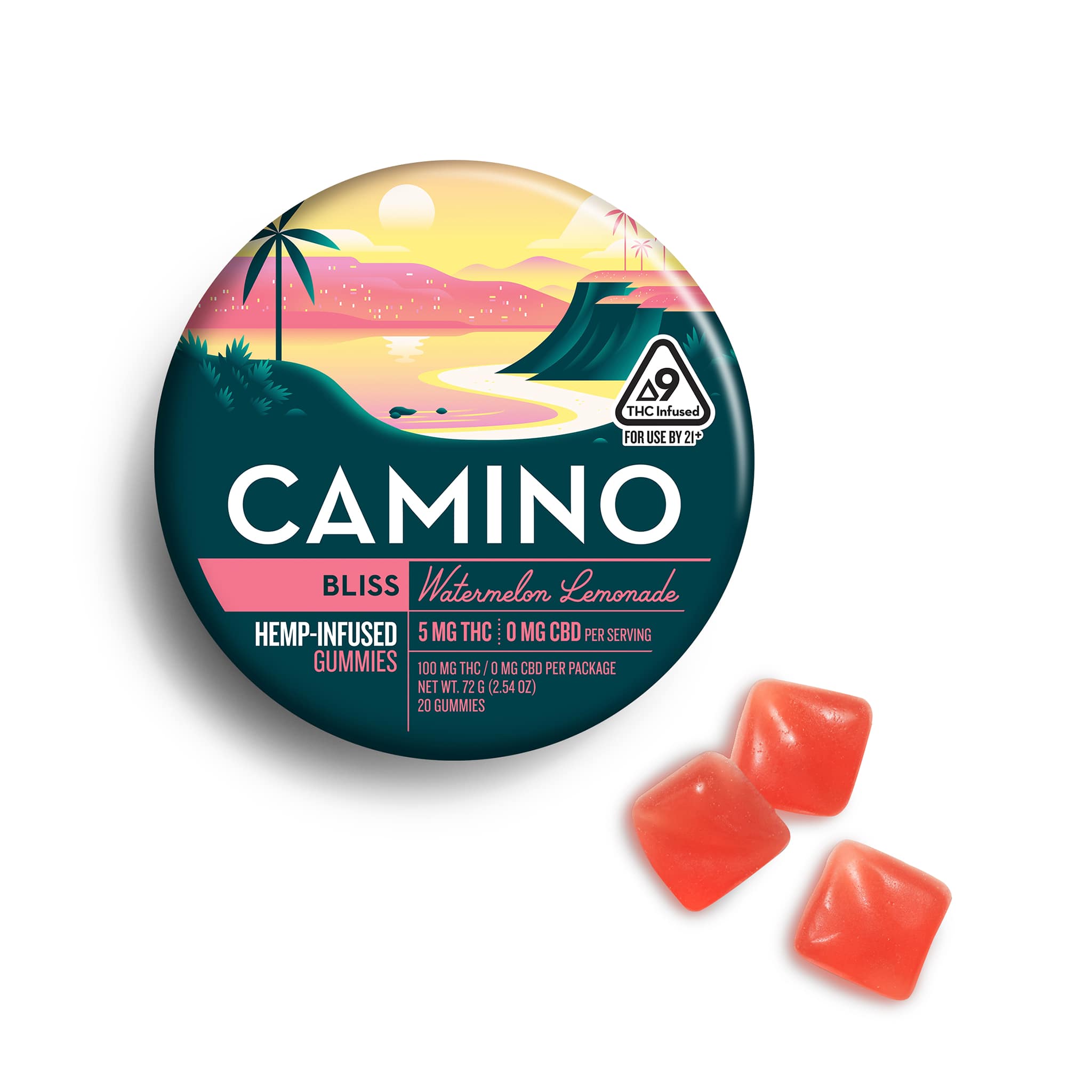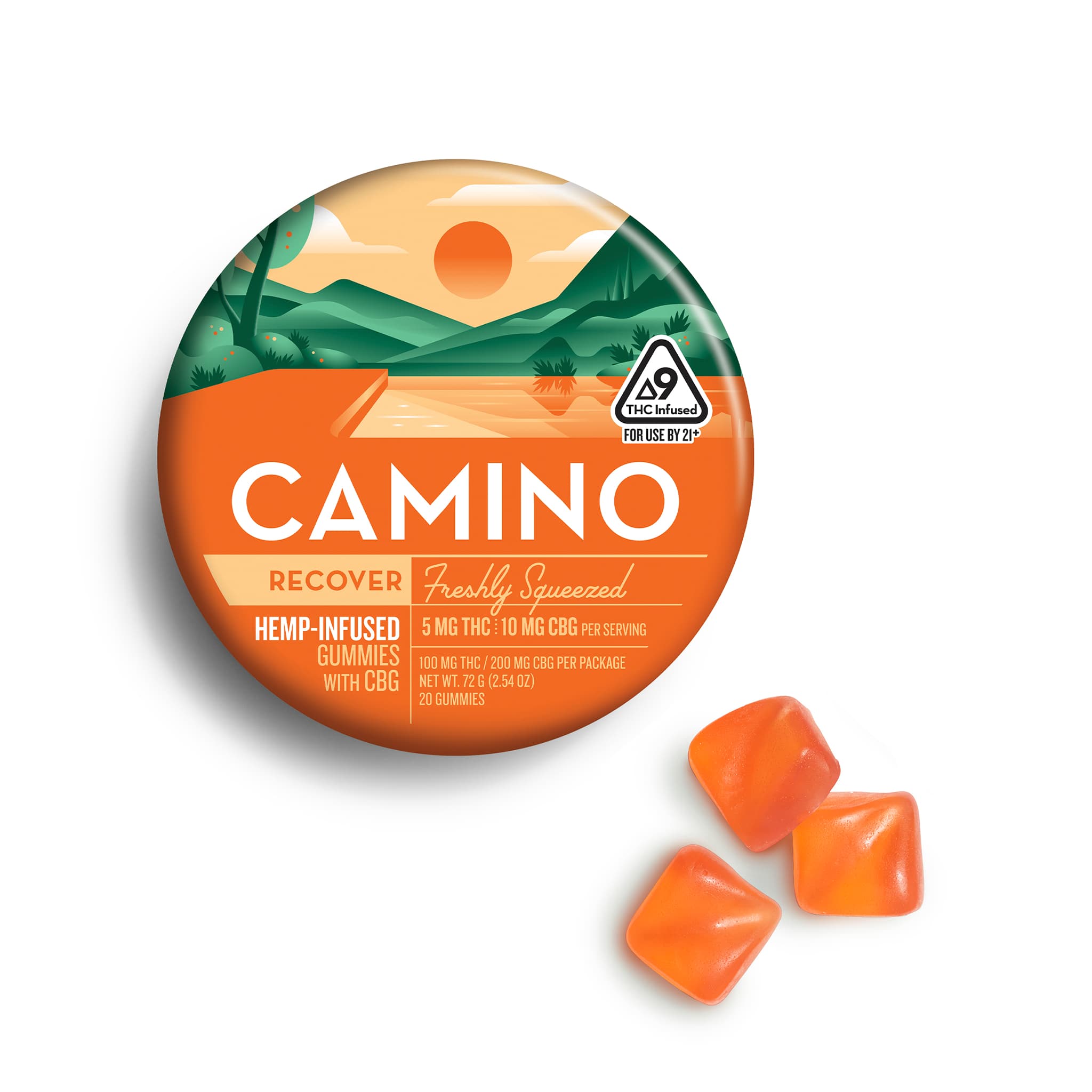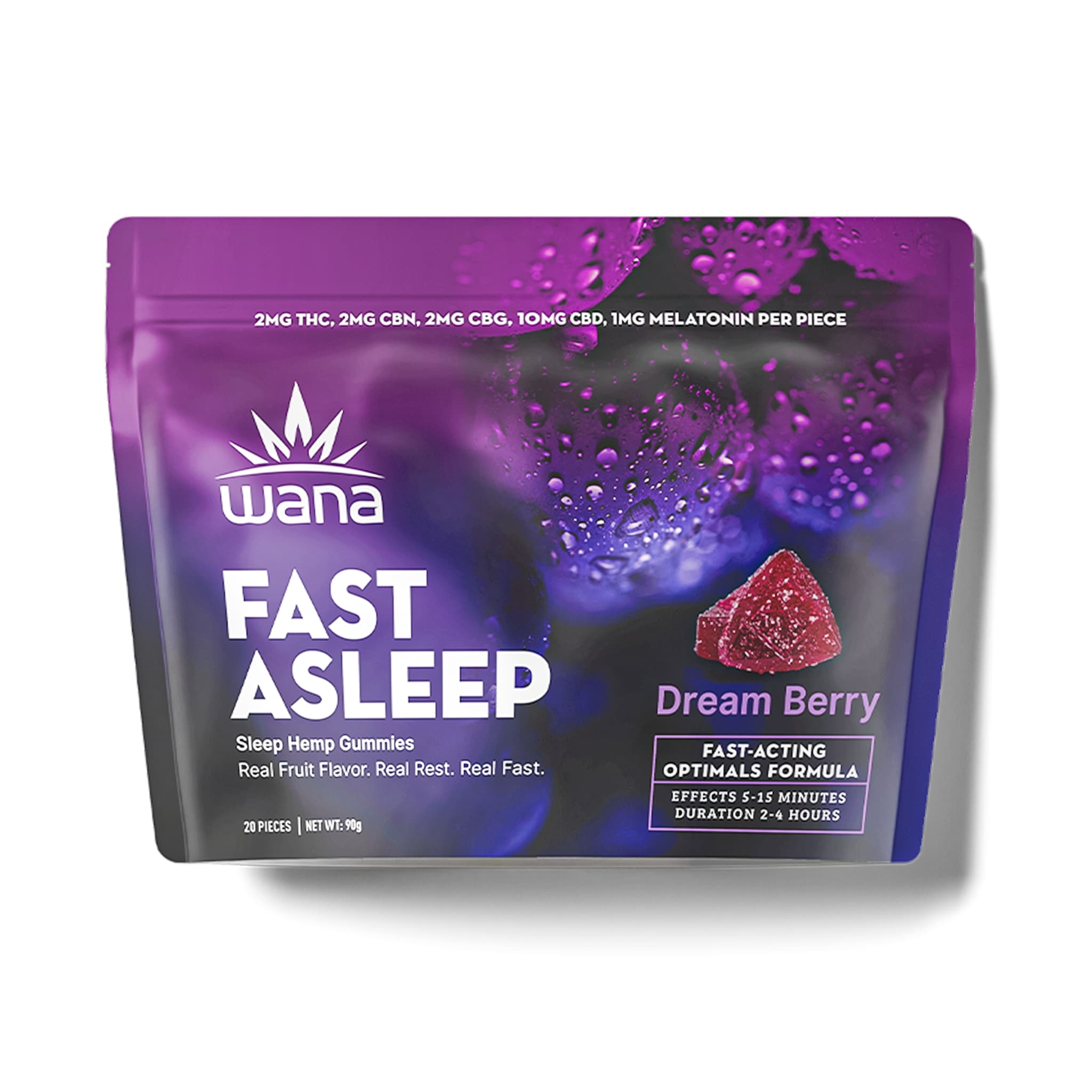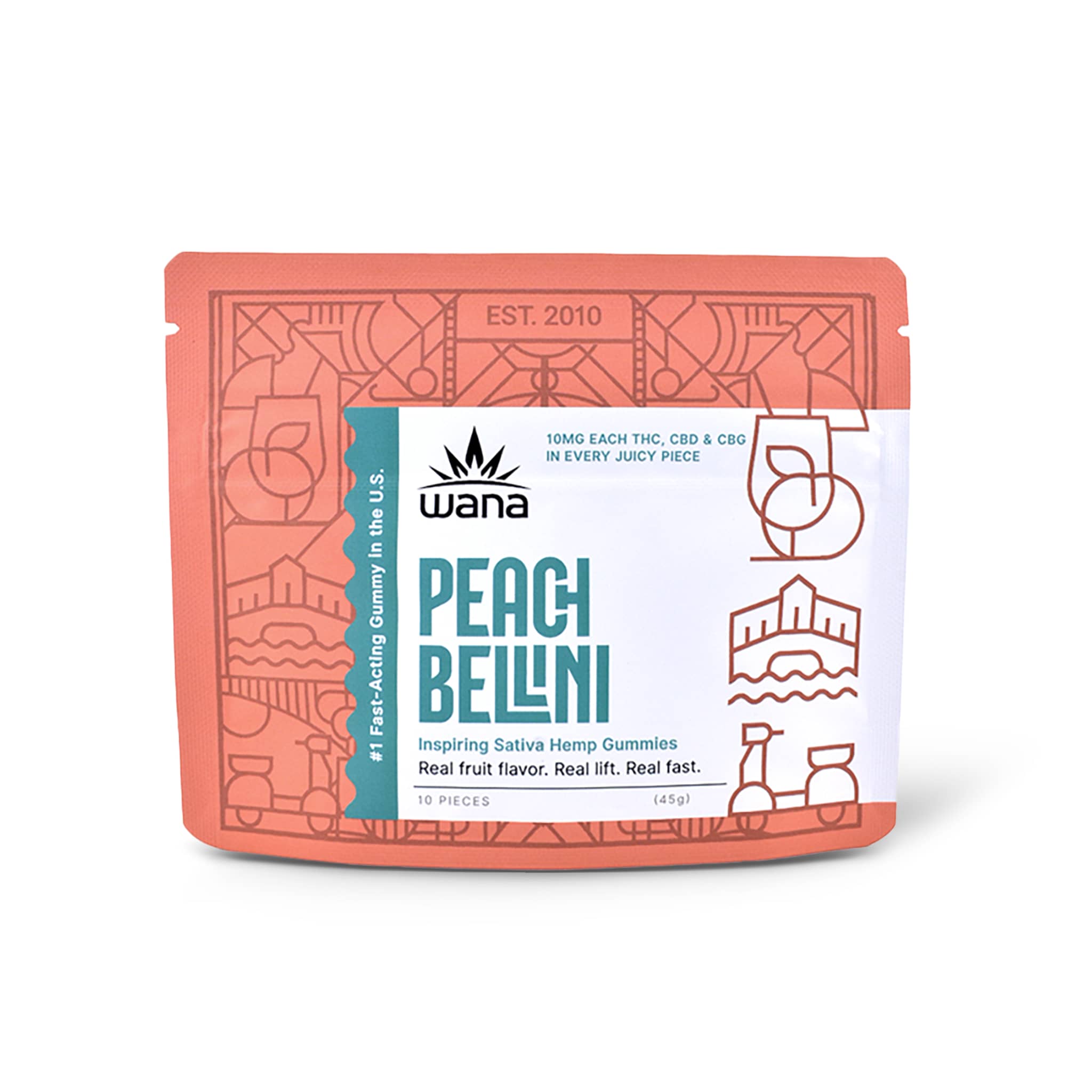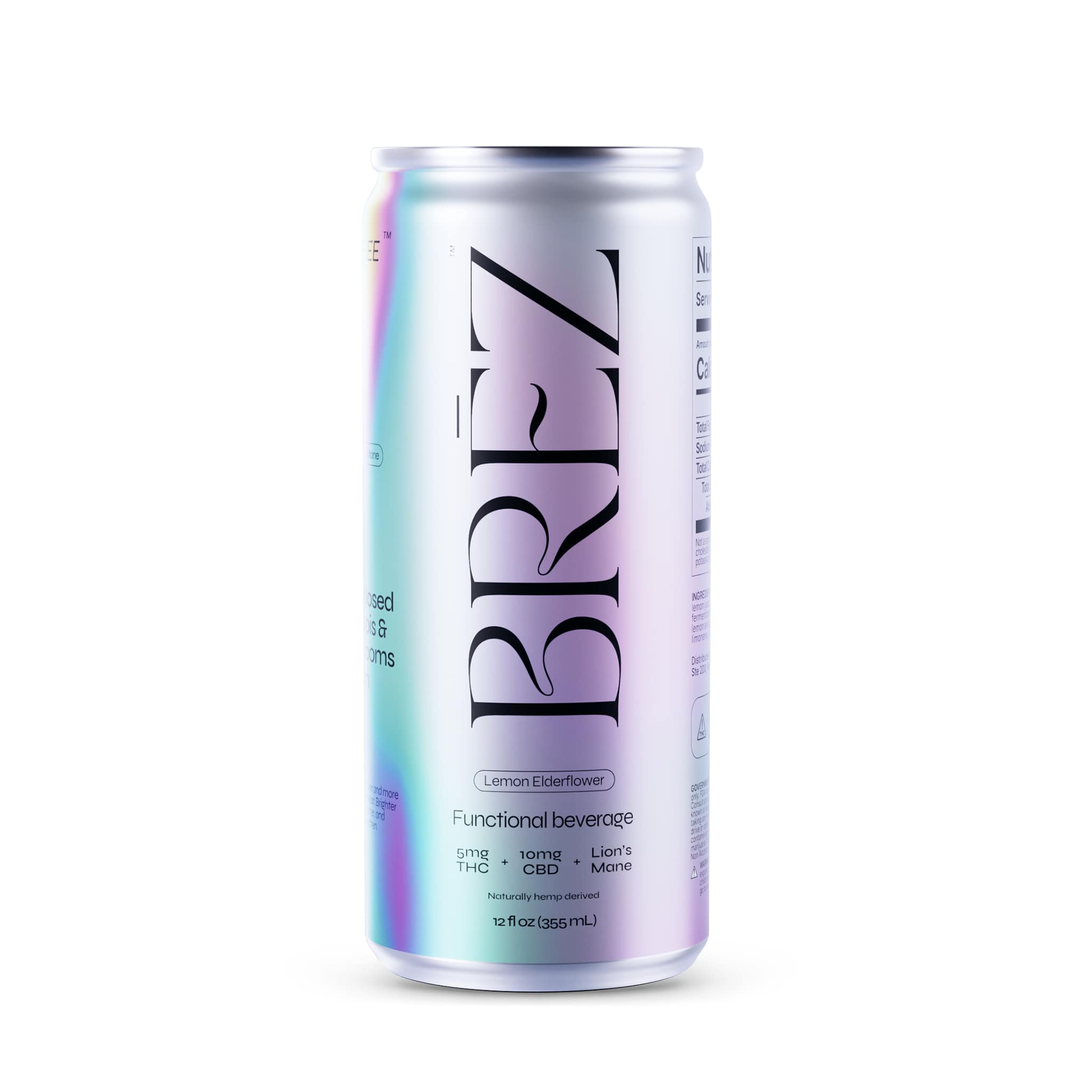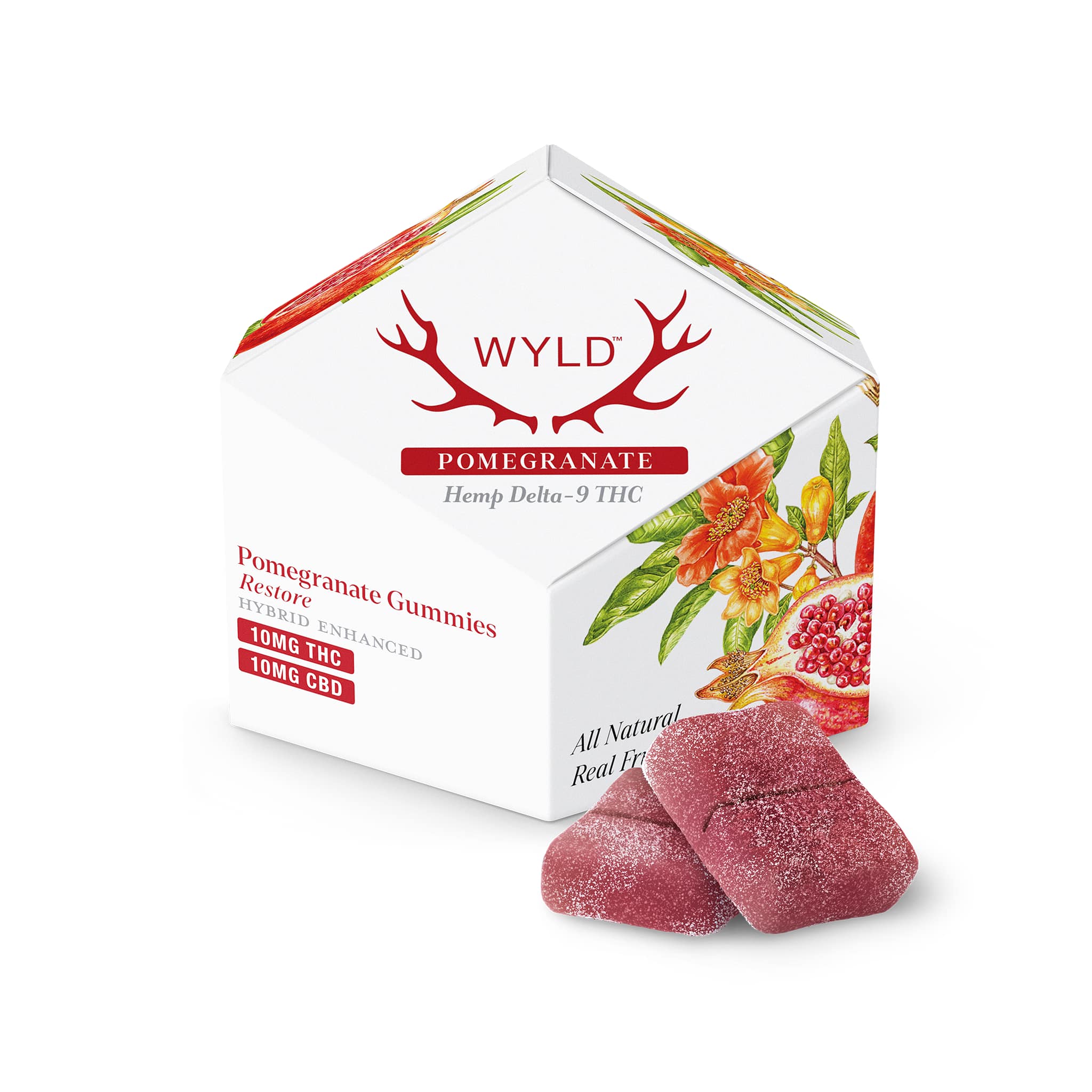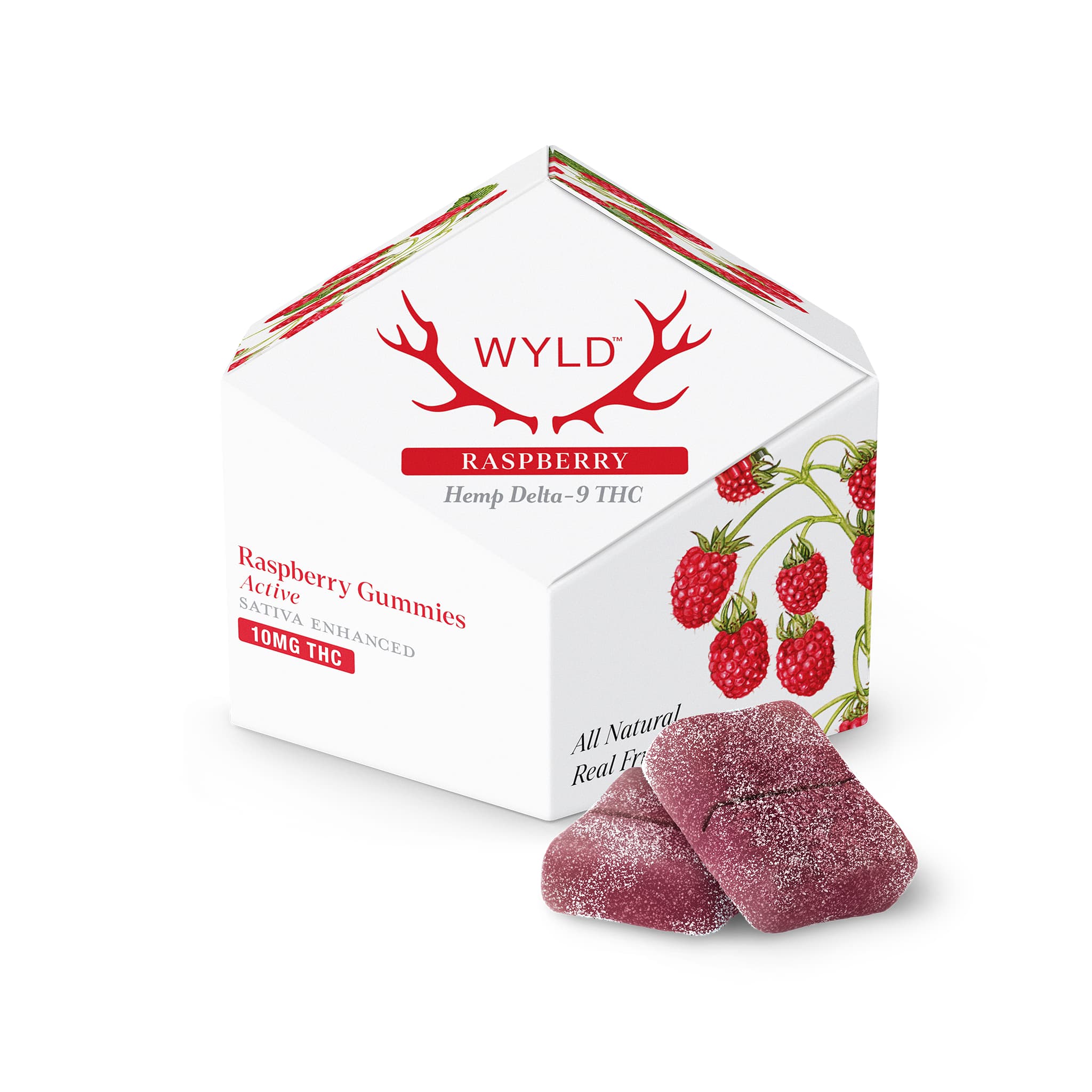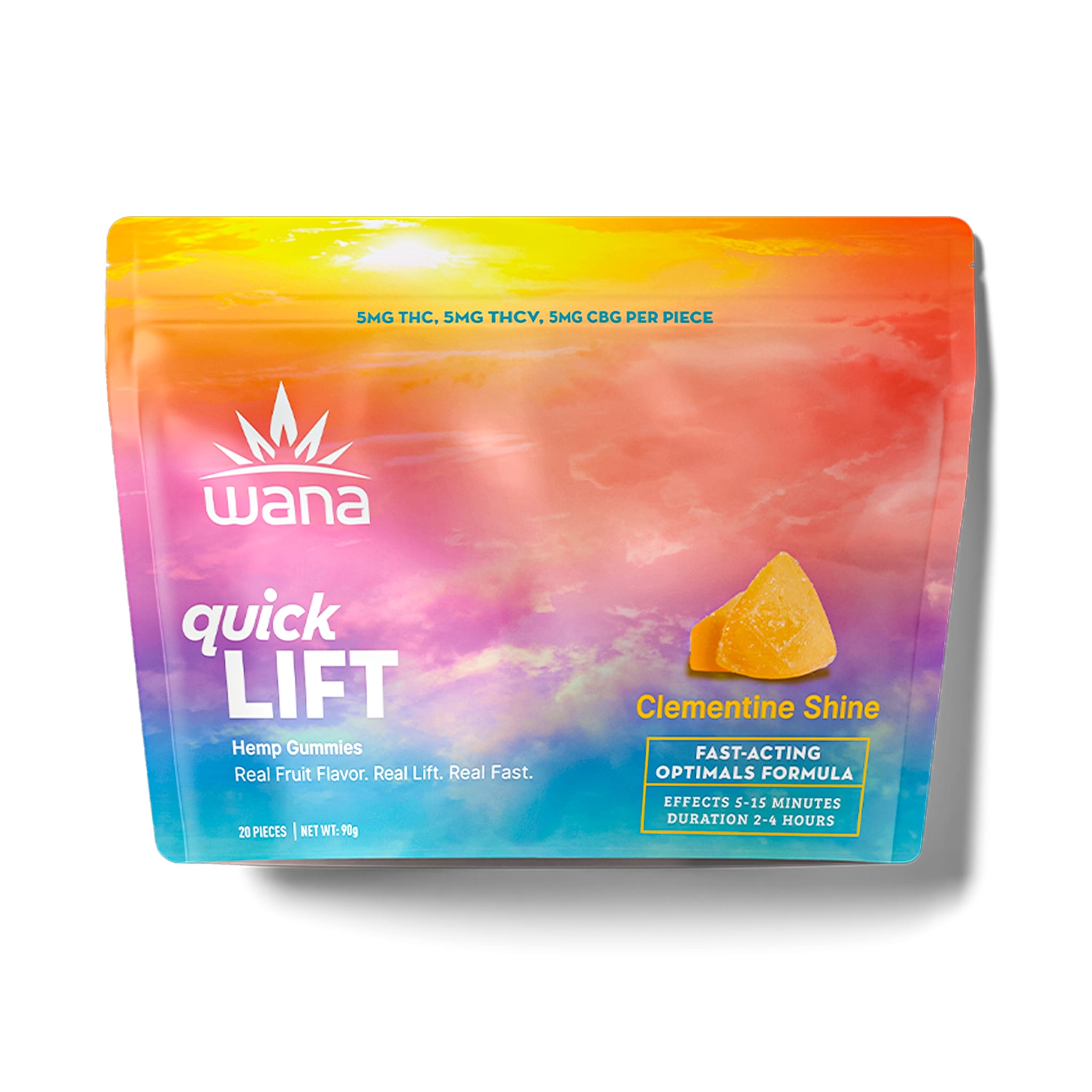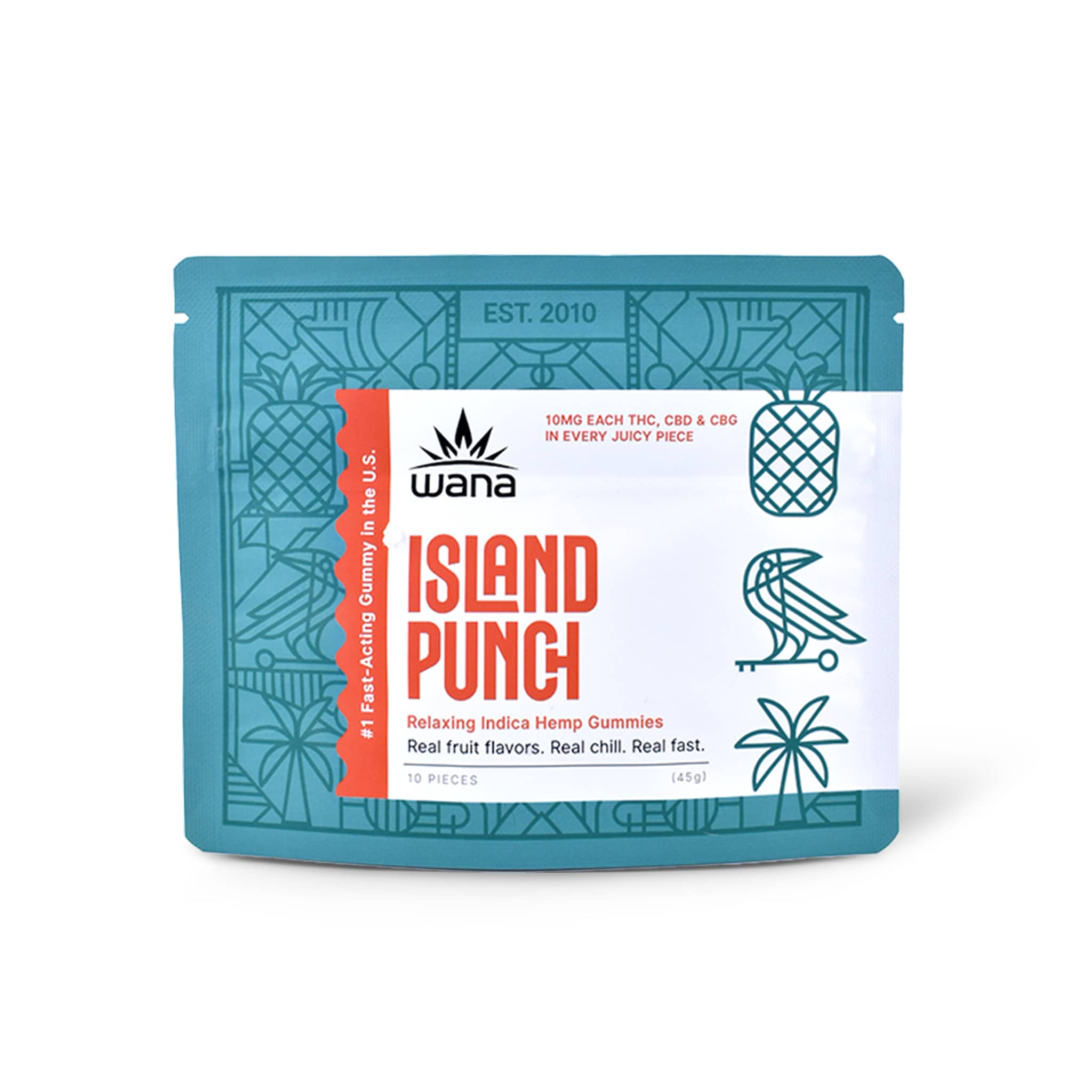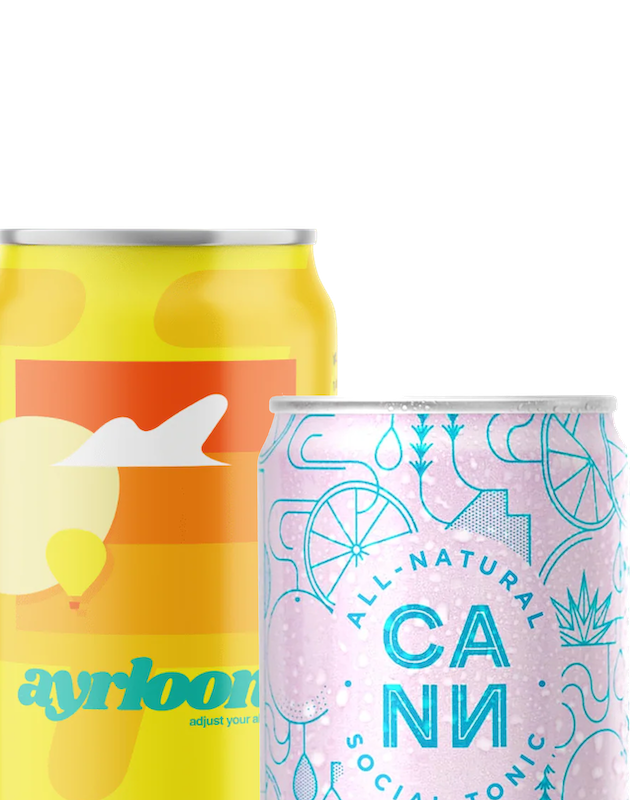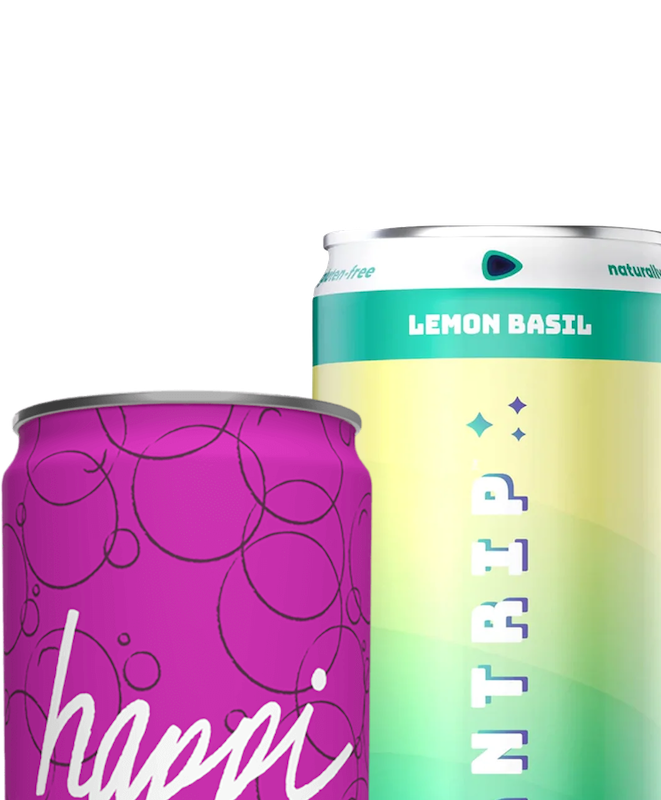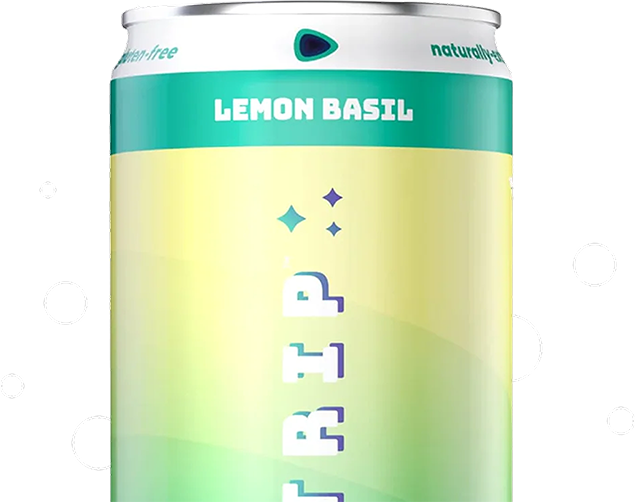Yes, edibles are federally legal, as long as they contain less than 0.3% Delta-9 THC by dry weight.
We get this question all of the time, and it’s a good one. With changing laws, state-specific declarations and political gamesmanship, navigating the legal landscape of hemp can be a doozy. Understanding the legality of edibles requires some insight into both national and local regulations, as well as the ways different cannabinoids are classified and regulated. This post will explain these factors and highlight why hemp-based edibles have gained traction in regions where cannabis is still restricted.
The Basics: Federal Legal Status of Edibles
The legality of edibles in the United States largely hinges on their THC content and source. In general, edibles can be divided into two main categories: those derived from hemp and those derived from cannabis (commonly referred to as marijuana). These distinctions are critical in determining the legal status of any infused edible.
Hemp-derived edibles are federally legal as long as they contain less than 0.3% THC by dry weight, as mandated by the 2018 Farm Bill. This law allows for the cultivation and sale of hemp products nationwide, providing they meet the THC limit, and has paved the way for a wide range of hemp-derived edibles, including chews, infused beverages, and more.
Cannabis-derived edibles, on the other hand, contain THC levels exceeding 0.3% by dry weight and are federally classified as controlled substances. As a result, any product derived from high-THC cannabis remains illegal at the federal level, even though many states have independently legalized cannabis for medical or recreational use. The federal stance has remained largely consistent, but state laws offer a more complex picture.
State Laws on Edibles
While hemp-derived edibles with less than 0.3% THC are federally legal, cannabis-derived edibles are subject to varying state laws. Currently, the United States has a patchwork of state laws concerning cannabis use, with states falling into one of three main categories:
-
Fully Legalized States: In states like California, Colorado, and Oregon, both medical and recreational cannabis is legal for adults over the age of 21, allowing for the sale and consumption of cannabis edibles that contain THC levels above 0.3%. These states have licensed dispensaries where consumers can purchase a range of cannabis products, including high-THC edibles. Some of these states, including California, have sought to ban hemp-derived THC products, but these bans typically only apply to manufacture and sale, not to consumption or possession.
-
Medical-Use-Only States: Some states, including Florida, Louisiana, and Arkansas, permit the use of cannabis for medical purposes only. In these states, consumers with qualifying medical conditions can obtain a medical cannabis card, which allows them to purchase cannabis products, including edibles, from licensed dispensaries. However, these products are only available to registered patients.
-
Prohibition States: A handful of states, such as Idaho and Nebraska, maintain strict cannabis prohibition laws, meaning that THC-infused cannabis edibles remain illegal for any purpose. Despite these laws, hemp-derived edibles are generally allowed in these states as long as they contain less than 0.3% THC.
Hemp vs. Cannabis: Key Differences
The legal difference between hemp and cannabis lies in their THC content. THC is the psychoactive compound responsible for producing a “high” sensation, and its levels vary dramatically between the two types of plants:
-
Hemp: Defined by federal law as a cannabis plant containing no more than 0.3% THC, hemp is cultivated primarily for industrial and wellness purposes, including fiber, food, and CBD extraction. Hemp products, including edibles, are legal in all 50 states if they meet the THC threshold. This distinction is critical for consumers seeking legal edible options in restrictive states, as hemp edibles are widely available.
-
Cannabis (Marijuana): Cannabis plants containing more than 0.3% THC are legally classified as marijuana. While marijuana-derived edibles are popular in states where cannabis is legal, their federal prohibition means they’re heavily regulated, and often only accessible through licensed dispensaries in states where cannabis use is allowed.
Why Hemp Edibles Are Legal Nationwide
Hemp edibles, which typically feature cannabinoids like CBD, CBG, and low concentrations of THC (below 0.3%), benefit from a broader legal market than cannabis edibles. The 2018 Farm Bill allowed hemp-based products, including edibles, to be legally produced, sold, and consumed throughout the United States, making it easier for consumers to access the wellness benefits of cannabinoids without legal complications.
The result has been a flourishing industry of hemp edibles. Consumers in most states can find hemp edibles both online and in stores, making them a popular choice for those interested in cannabinoids without crossing any legal boundaries.
Labeling and Testing Requirements
To ensure the legality and quality of edibles, many states mandate specific labeling and testing standards, and more are pushing forward legislation to do so. In order for a hemp edible to meet these regulations, it must:
-
Undergo Testing: Lab testing ensures that hemp edibles contain less than 0.3% THC and are free from contaminants like heavy metals, pesticides, and mold. This is important to verify the product’s safety and compliance.
-
Provide Accurate Labeling: Edibles are required to display cannabinoid content on the label, usually including information about THC and CBD levels. Consumers should look for a certificate of analysis (COA) from a reputable third-party lab, which confirms the product’s cannabinoid profile and legal compliance.
Testing and labeling requirements are an important way for edible consumers and businesses to ensure the health and safety of this industry.
Where to Buy Legal Edibles
Thanks to federal legalization, hemp-derived edibles are available in a variety of retail locations, from wellness stores to online marketplaces (such as ours). This makes it easy for consumers to find a range of hemp-infused products that are legal and compliant with federal regulations.
International Considerations
If you’re outside of the United States, it’s worth noting that other countries have their own regulations on hemp and cannabis edibles:
-
Canada: Edibles are legal for adults over the age of 18 or 19, depending on the province, under the country’s federal cannabis legalization laws. Both hemp and cannabis edibles are widely available.
-
Europe: Hemp-derived CBD products are allowed in most European countries, provided they contain minimal THC, often limited to 0.2% or lower. Cannabis edibles with high THC levels are illegal in many European nations, although some countries permit them for medical use.
-
Other Regions: Countries in South America, Asia, and Africa vary significantly in their cannabis and hemp laws. While some regions permit limited use of CBD products, others have strict bans on all forms of cannabis, including hemp.
Final Thoughts on Edible Legality
Navigating the legality of edibles can feel complex, especially with varying laws between states and countries. Ultimately, the difference between hemp and cannabis-derived edibles plays the biggest role in determining their legality. While cannabis-derived edibles remain restricted in many areas, hemp-based edibles have achieved widespread legal acceptance in the United States and beyond.
In our marketplace, we specialize in offering federally legal hemp edibles that provide consumers a way to enjoy cannabinoids while staying within the bounds of the law. Whether you’re exploring edibles for the first time or looking to expand your selection, understanding the legal distinctions helps ensure a safe, enjoyable, and lawful experience.



